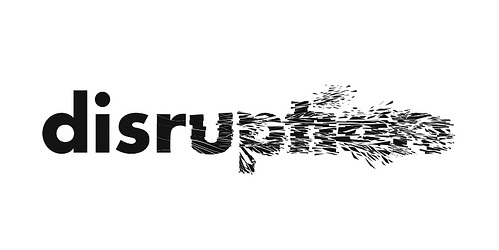Is Flipped Learning Disruptive?
 It seems that every year a new "disruptor" is identified as what will transform education into some version 2.0. These disruptors - MOOCs, competency-based degrees, open everything, unbundling the degree, flipped learning and reaching back to online learning - have all had some impact, but none has brought down the familiar classroom, school or degree in high schools or colleges.
It seems that every year a new "disruptor" is identified as what will transform education into some version 2.0. These disruptors - MOOCs, competency-based degrees, open everything, unbundling the degree, flipped learning and reaching back to online learning - have all had some impact, but none has brought down the familiar classroom, school or degree in high schools or colleges.
Perhaps all of these disruptors are "flipping" over education and learning, and when we look at MOOC degrees that are not from colleges, we are really looking at education being overturned.
Robert Talberton in "Three evolving thoughts about flipped learning" considers three ways the flipped learning model has changed how he thinks about flipped learning itself.
Before he thought that the pre-class activity in a flipped learning model was about mastering content-oriented instructional objectives, but now he sees the pre-class time as time for generating questions.
First, he thought that students in a flipped classroom need to have some graded measure of accountability when they arrive at class (an entrance quiz, etc.) to ensure that they did that pre-class work, but now he thinks that accountability doesn’t have to look like a quiz.
His original thought was that in-class instruction in a flipped class should focus primarily on active student work with little to no lecture, but now he believes that the instruction should focus on two things: Answering questions, and engaging students in high-level tasks – and lecture can play an important role in both.
A study from Stanford also suggests that flipped learning is an improvement over a standard lecture-oriented model. It finds that it can be even stronger when pre-class work consists of open-ended explorations of concepts that precede a more text-based study of those concepts. They see this as “flipping the flipped classroom.”
Kris Shaffer feels that the "geographical flip" of doing at home what is typically done in class isn't as important as the "timing flip" of when we present explanation and activity.
How disruptive is flipped learning? As of now, not very disruptive. Put all the disruptors together into one new model - very disruptive.
Trackbacks
Trackback specific URI for this entryThe author does not allow comments to this entry
Comments
No comments